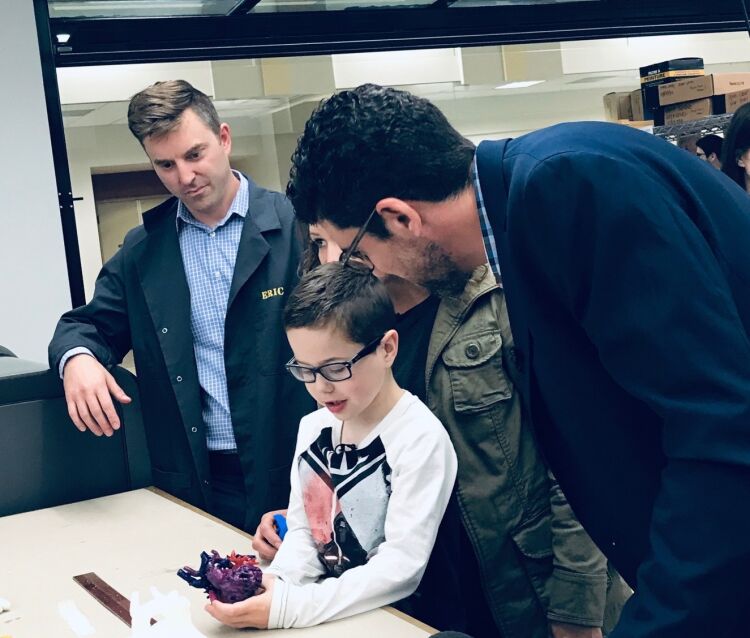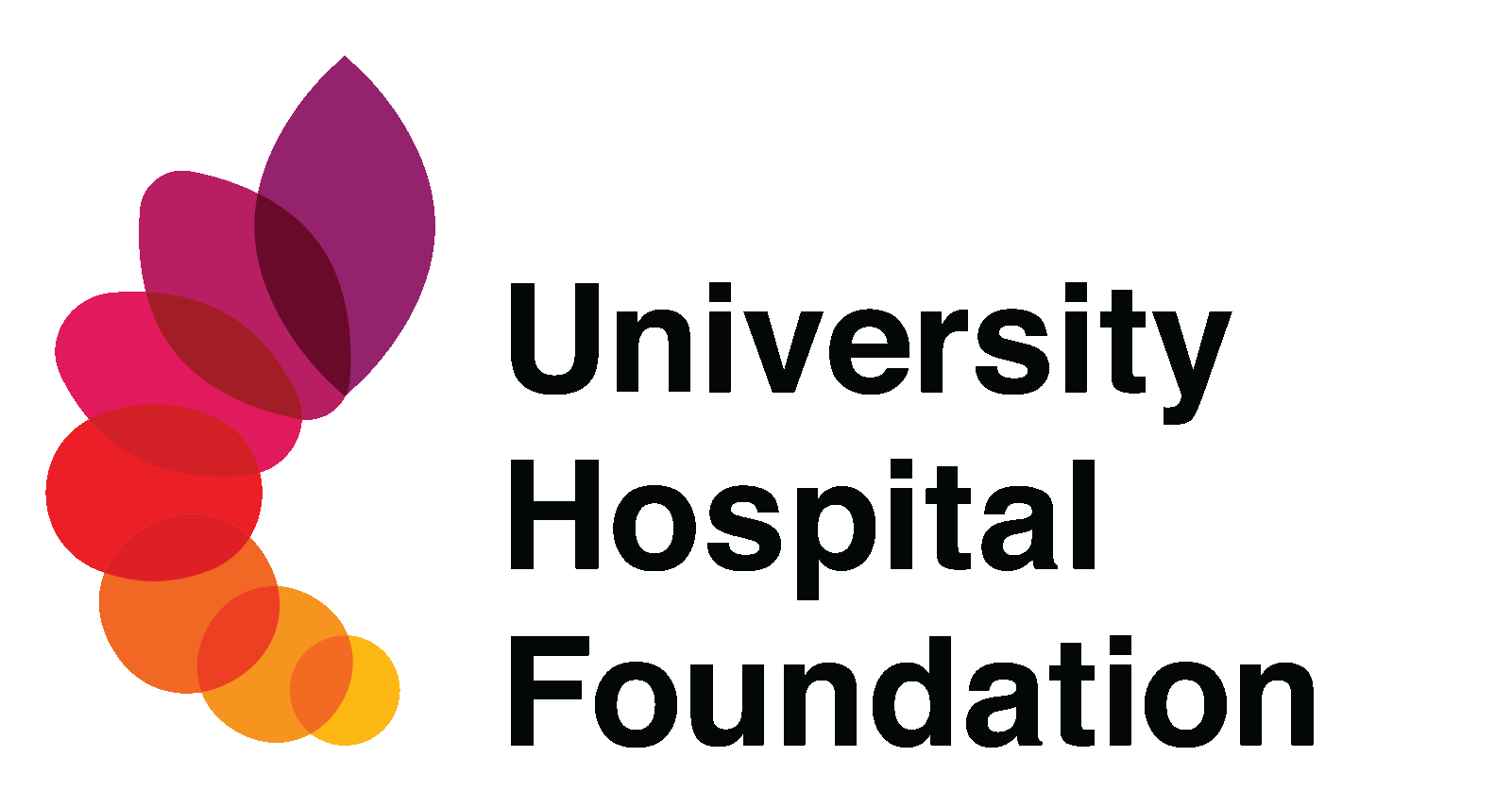Now showing in 3D
Servier Alberta Innovation in Health Fund
The relationship between Servier Canada and University Hospital Foundation began back in 2014 with a $1 million investment that lead to the creation of the Servier Virtual Cardiac Centre at the Mazankowski Alberta Heart Institute. In 2017, the Servier Alberta Innovation in Health Fund (SAIHF) was established. SAIHF is a $1.7 million collaboration focused on fostering and accelerating research and health innovation in four areas of healthcare:

Cardiac Sciences
Diabetes
Neurology
Oncology
Servier Alberta Innovation in Health Fund
A public-private philanthropic partnership between Servier Canada Inc.- the Canadian affiliate of The Servier Research Group – the Government of Alberta’s Ministry of Jobs, Economy and Innovation and the University Hospital Foundation, the fund supports health care research and innovation. Servier has a long history of helping turn health research into products sold around the world.
The Maz is home to the first Servier Virtual Cardiac Centre in Canada – allowing patients to see their heart in 3D
Seven major Alberta-based research projects were funded by SAIHF in cardiac sciences and oncology
Projects funded through SAIHF used machine learning and AI, giving them critical insights from mountains of data
Impact to Date
Dr. Justin Ezekowitz and Dr. Nowell Fine
There are about 4.2 million people living in Alberta – and all of them have a heart. That means there’re all candidates for heart disease. Thanks to funding from Servier Canada, Dr. Ezekowitz and Dr. Nowell Fine have been able to transform our research by hiring the best and brightest minds for machine learning, utilizing Alberta’s data to its maximum potential, and really getting ready to transform the way that hospitals treat information into patient care.
Dr. Ross Tsuyuki
What do heart attacks, strokes, dementia, kidney failure, chest pain and erectile dysfunction have in common? They can all list hypertension as their number one risk factor. Dr. Tsuyuki has begun the development of a training program for primary care providers such as pharmacists and physicians. The online program will engage providers and provide the latest guideline recommendations from Hypertension Canada.
Dr. Ken Butcher
Dr. Ken Butcher, stroke neurologist and researcher at the University of Alberta Hospital, on the value of the three-way partnership between Servier Canada, the Ministry of Jobs, Economy and Innovation and the University Hospital Foundation. “Innovation begins with research, but it can’t advance to the stage where it impacts patient care without the support and guidance of partnerships like the Servier Alberta Innovation in Health Fund. “That’s what makes this work exciting not only for researchers, but everyone who may need healthcare one day – which is all of us.”
Dr. Brian Clark
In addition to the research fund recipients, the SAIHF fund supported the Servier Alberta Advanced Heart Failure Scholar at the Libin Cardiovascular Institute. The dollars for this program went towards bringing a Heart Failure fellow that was trained at both provincial centers, the Mazankowski Alberta Heart Institute in Edmonton and the Libin Cardiovascular Institute in Calgary. The fellowship program is supervised and administered by Dr. Brian Clark from the Libin Cardiovascular institute.
Dr. Ropinder Sandhu and Dr. Padma Kaul
About 350,000 Canadians are diagnosed with artrial fibrillation (AF) each year, meaning that same number of Canadians have a three to five times higher risk of suffering a stroke or heart failure. Thanks to funding from SAIHF, Drs. Sandhu and Kaul are moving towards developing new, innovation strategies for increasing the awareness of AF in the general public, possibly in the form of an app, and integrating their research into the domain of Alberta Health Services through Connect Care, the central access point for patient information, common clinical practices and best healthcare practices.
Dr. Jonathan Howlett
Roughly 15% of people diagnosed with heart faillure receive the best care possible, says Dr. Jonathan Howlett, Heart Failure Specialist. And the other 85%…? They see their family doctor, and they may or may not have the occassional specialist visit, but that’s all they get. Thanks to Servier Canada, Dr. Howlett and his colleagues at the Mazankowski Alberta Heart Institute are developing innovative strategies based on Real World Evidence (RWE) to ensure that all heart failure patients have access to a gold standard level of care. In particular, after they’ve been discharged home from the hospital, the most vulnerable time for these patients.
One of those strategies is an app that patients can use for preventative measures and disease management.
Dr. Winson Cheung
Roughly 30% of patients diagnosed with pancreatic cancer – known in medical circles as “high fatality” cancer – are not referred to a cancer centre for further treatment. Equally unsettling, only half of the patients who are referred for further care actually receive it. With funding from Servier Canada, Dr. Cheung is using artificial intelligence, machine learning and natural language processing to review mountains of primarily Alberta-based data to determine why the care for nearly two-thirds of patients with pancreatic cancer fails to move beyond the initial diagnosis.
